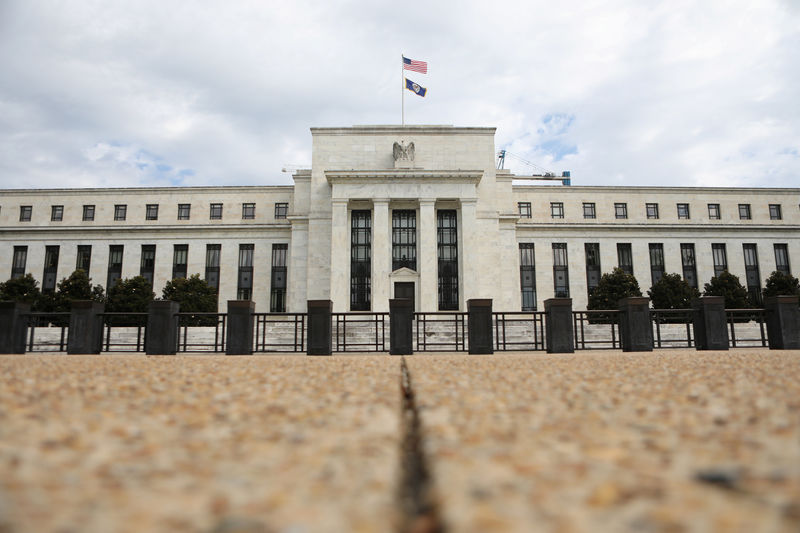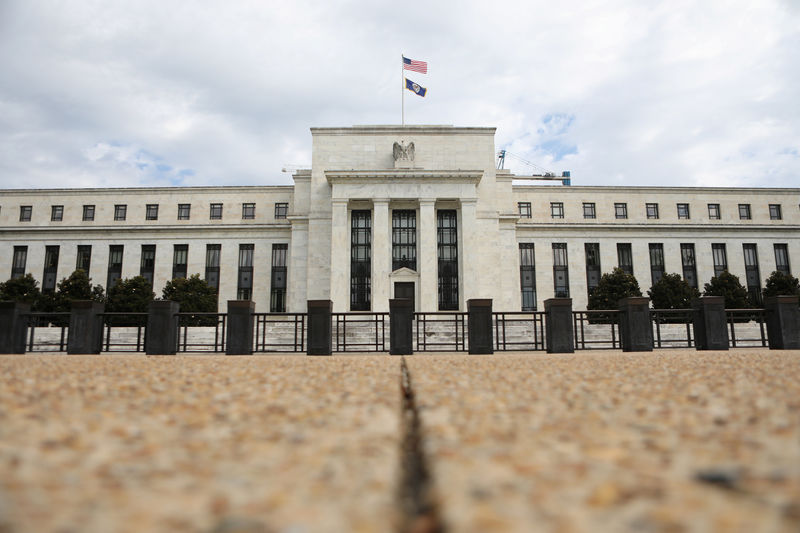
Investing.com — The Fed’s updated projections are likely to show that policymakers warming up to cutting rates deeper than previously expected to shore up the economy, Citi analysts said in a recent note, ahead of the central bank’s monetary policy meeting next week.
“Fed officials will need to significantly update their Summary of Economic Projections next week,” the analysts said. “The unemployment rate at the end of this year will be revised up and the path for policy rates revised down.”
The analysts expect the voting Fed members’ projections, or “dots,” to show 100 basis points of cuts this year, compared with the Fed’s June dots showing just one 25 basis point cut.
Expectations for a more dovish Fed have been driven by the recent slowdown in inflation, with Citi expecting inflation data due Wednesday to show the fourth consecutive month of slower core CPI growth.
As the market is expecting about the 105 basis points of cuts, the analysts said, a median dot for 75bp of cuts “would be hawkish relative to expectations.”
The rate cutting path isn’t straight forward, the analysts say, as the size of the rate cut in September is likely to significantly influence how deep the Fed cuts rates at consecutive meetings.
A larger 50bp in cut September, which is the Citi’s base case, could lead most fed officials to back 25bp cuts in November and December, leaving a median dot implying a total of 100bp of cuts for the year. But if the Fed delivers a 25bp cut in September, that provides them with the option to signal to the market that they could go 50bp at an upcoming meeting.
The upcoming Fed decision and updated Summary of Economic Projections will be closely watched, particularly as the economic strength — or lack thereof — has sparked widespread debate
The upcoming Fed decision and updated Summary of Economic projections will be closely watched at a time when many the economic strength, or lack thereof, has sparked wide debate.

